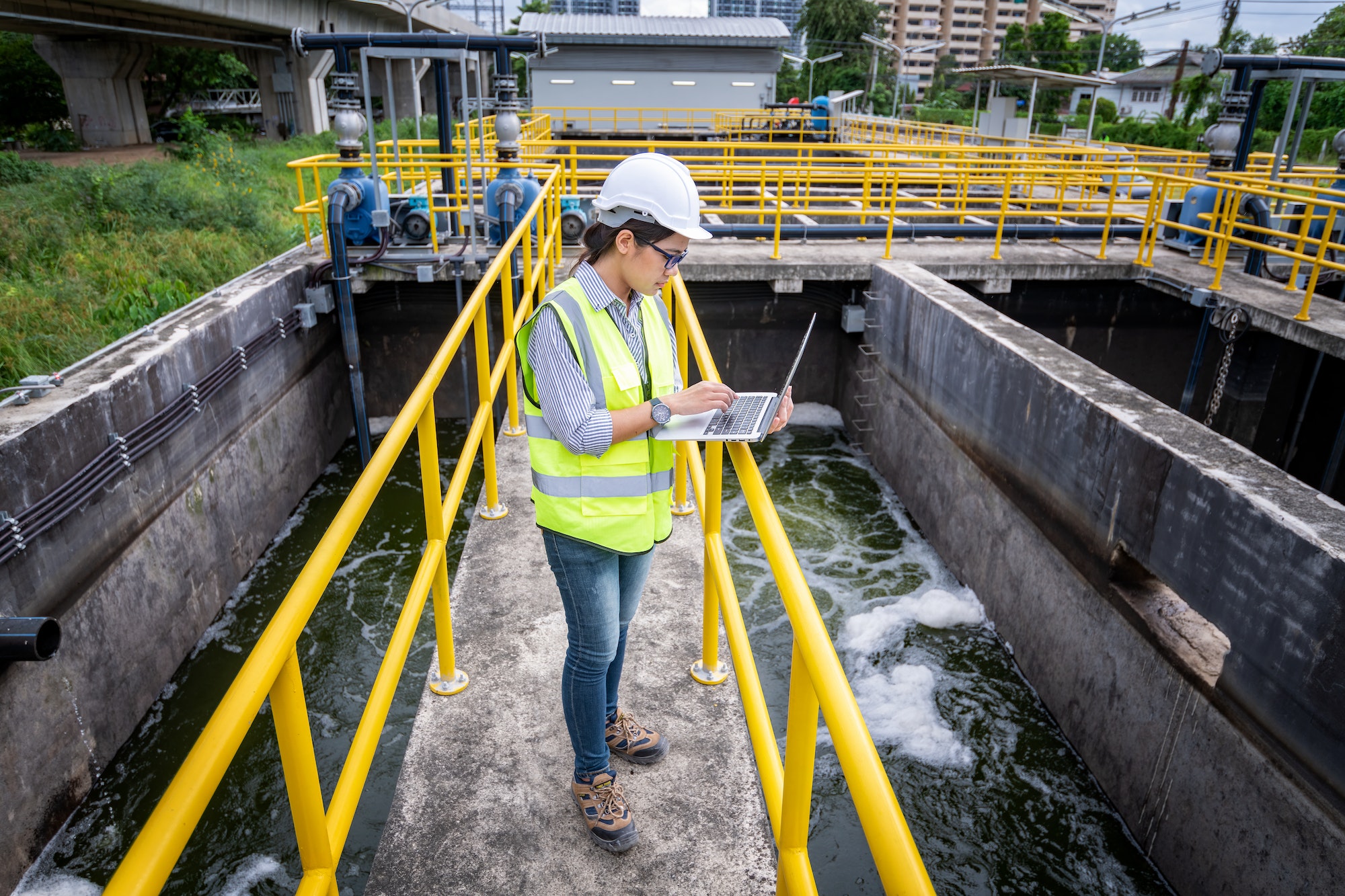Municipal wastewater treatment is an essential process for maintaining a clean and healthy environment. It involves the removal of contaminants from wastewater, which is generated by households, industries, and other sources. The primary goal of wastewater treatment is to protect human health and the environment by reducing the harmful effects of pollutants in the water.
Algae-based wastewater treatment is an innovative and sustainable approach that has gained significant attention in recent years. This method utilizes microalgae, which are microscopic plants capable of photosynthesis, as a natural means to treat wastewater. Harnessing the power of algae for wastewater treatment offers several applications and benefits that make it an attractive option for municipalities looking to improve their water management practices.
Applications of Algae-based Wastewater Treatment
- Nutrient Removal: One of the main advantages of using algae for wastewater treatment is their ability to remove nutrients such as nitrogen and phosphorus from the water. These nutrients can cause harmful algal blooms and eutrophication when released into natural water bodies. Microalgae can assimilate these nutrients, effectively reducing their concentrations in the treated wastewater.
- Heavy Metal Removal: Some species of microalgae have been shown to remove heavy metals such as cadmium, lead, and mercury from wastewater. These metals can be toxic to humans and aquatic life if not adequately treated. Algae-based systems can help reduce the levels of these contaminants in treated water.
- Organic Matter Degradation: Algae can also contribute to the degradation of organic matter in wastewater. Through the process of photosynthesis, microalgae produce oxygen, which helps aerobic bacteria break down organic compounds in the water.
- CO2 Sequestration: Microalgae can sequester carbon dioxide (CO2) from the atmosphere through photosynthesis, making them an effective tool for mitigating greenhouse gas emissions associated with traditional wastewater treatment processes.
- Biomass Production: The biomass generated by microalgae during wastewater treatment can be harvested and used for various purposes, such as biofuel production, animal feed, or fertilizers. This adds value to the treatment process and contributes to a circular economy approach.
Benefits of Algae-based Wastewater Treatment
- Cost-Effectiveness: Algae-based systems are generally less expensive to install and operate compared to conventional wastewater treatment methods. They require less energy input and fewer chemicals, leading to lower operational costs.
- Sustainability: Algae-based wastewater treatment is an environmentally friendly solution that can reduce the ecological footprint of municipal water management practices. By utilizing microalgae’s natural ability to remove pollutants and sequester CO2, this approach contributes to a more sustainable future.
- Scalability: Algae-based systems can be easily scaled up or down depending on the needs of the municipality. This flexibility makes them suitable for various applications and sizes of wastewater treatment facilities.
- Water Reuse: The treated water from algae-based systems can be reused for various non-potable applications, such as irrigation or industrial processes, reducing the demand for freshwater resources.
- Job Creation: Implementing algae-based wastewater treatment technologies can create new job opportunities in the fields of engineering, biology, and environmental sciences, contributing to economic growth and development.
In conclusion, algae-based wastewater treatment offers a sustainable and efficient solution for municipalities seeking to improve their water management practices. With numerous applications and benefits, harnessing the power of algae for wastewater treatment is a promising approach that can lead to cleaner water, reduced greenhouse gas emissions, and a more sustainable future.


